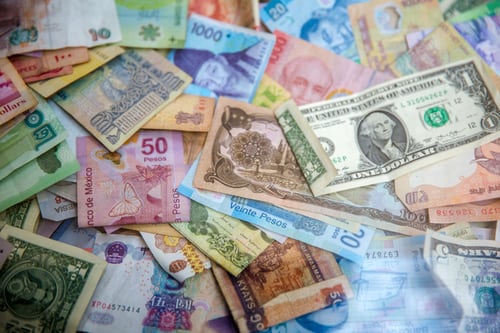Its importance in Islam had made Islamic scholars request Muslims to pay it, even when they were in hardship, especially at times of wars and disasters. Zakat is an act that supports the interests of Muslims in general because it prevents wealth from accumulating into the hands of a specific person or group. So, its payment will increase the economy’s circulation, which would result in maintaining equality among Muslims through preventing polarization of their economic classes.
The Holy Qur’an urges Muslims to pay Zakat, saying: “And be steadfast in prayer and regular in Zakah.” (Surah Al-Baqarah 2:43) It also calls upon people to pay Zakah as they fear their wealth might be accumulated: “And as for those who hoard up gold and silver and spend it not in the way of Allah, announce unto them a painful torment.” (Surah At-Tawbah 9:34)
Muslims’ history is full of examples that show how necessary Zakat was to them. The most famous one is Omar Ibn Al-Khattab (a), the second caliph of Islam. He encouraged Muslims to pay Zakat regardless of whether he donated; he ordered people to pay it even during wars.
Please visit: Calculate zakat online
Omar Mohammad Ibn Abdel Aziz wrote in his book “Tasnif Adhkar” that once Omar received 5,000 dirhams from someone but paid 2,500 dirhams to the treasury as Zakat. Thus, he showed that Zakat would not be omitted even with little money. Omar also offered two young boys 100 Dirhams each for his expenses, but they refused to take them because their father said they were not entitled to this sum due to the presence of Zakat on it.
The Holy Prophet Mohammad (PBUH) praised those who pay their Zakat, “Two types of people will be amidst my nation on the Day of Judgment: A man whom Allah has given wealth which he uses righteously and a man whom Allah has given wisdom (the religious law), and he acts according to it and teaches others.”
He also said, “O son of Adam! If you are offering the Zakat due on your wealth, then be generous in spending it.”
The following narrations exemplify how Prophet Mohammad (PBUH) urged people to pay Zakat.
- Narrated by Abu Huraira(RA): One day, while Allah’s Apostle was sitting with the people, a man came to him walking and said, “O Allah’s Apostle. What is wrong with the people since they ask questions respecting Zakat but once I had been to ‘Abu Bakr’ s house and he answered what they asked.’ Then another person asked similar questions, but Ibn- ‘Abbas gave different answers. I thought that this state might be because of some bond of kinship between them.
- Allah’s Apostle also asked similar questions and the Ansar differed in their answers. On that, Allah’s Apostle said, “Why is it so?” Somebody among the Ansar said, “It is because of kinship.” The Prophet then said (to Ibn- Abbas), “You are my guardian’ and I am your ward; how is it that you both give different answers regarding a certain matter?” And he ordered him to pay some dinars as Zakat on his property, which he did.
- Narrated by Abu Huraira (RA): A man came to the Prophet (PBUH) and asked him about various things about Zak till at last, he asked him about some people who had collected a lot of wealth in the way of Allah. The Prophet (PBUH) said, “If these riches are collected to give them to their owners so that they may become wealthy because of this, then this is the legitimate earning for them; otherwise, these riches are merely fire made attractive for men.”
- Narrated by Ibn Abbas (RA): When someone asked him about Zakat, the Prophet (PBUH) said: “A tenth from produce and livestock does it “.
Giving Zakat is considered an essential element in Islam as it purifies the donor’s money and increases his reward. For example, a man came to Omar Ibn Alkhattab asking him if his money was in order, and Omar answered, “You have to pay the Zakat on your money first so that we can see whether it is in order or not.”










